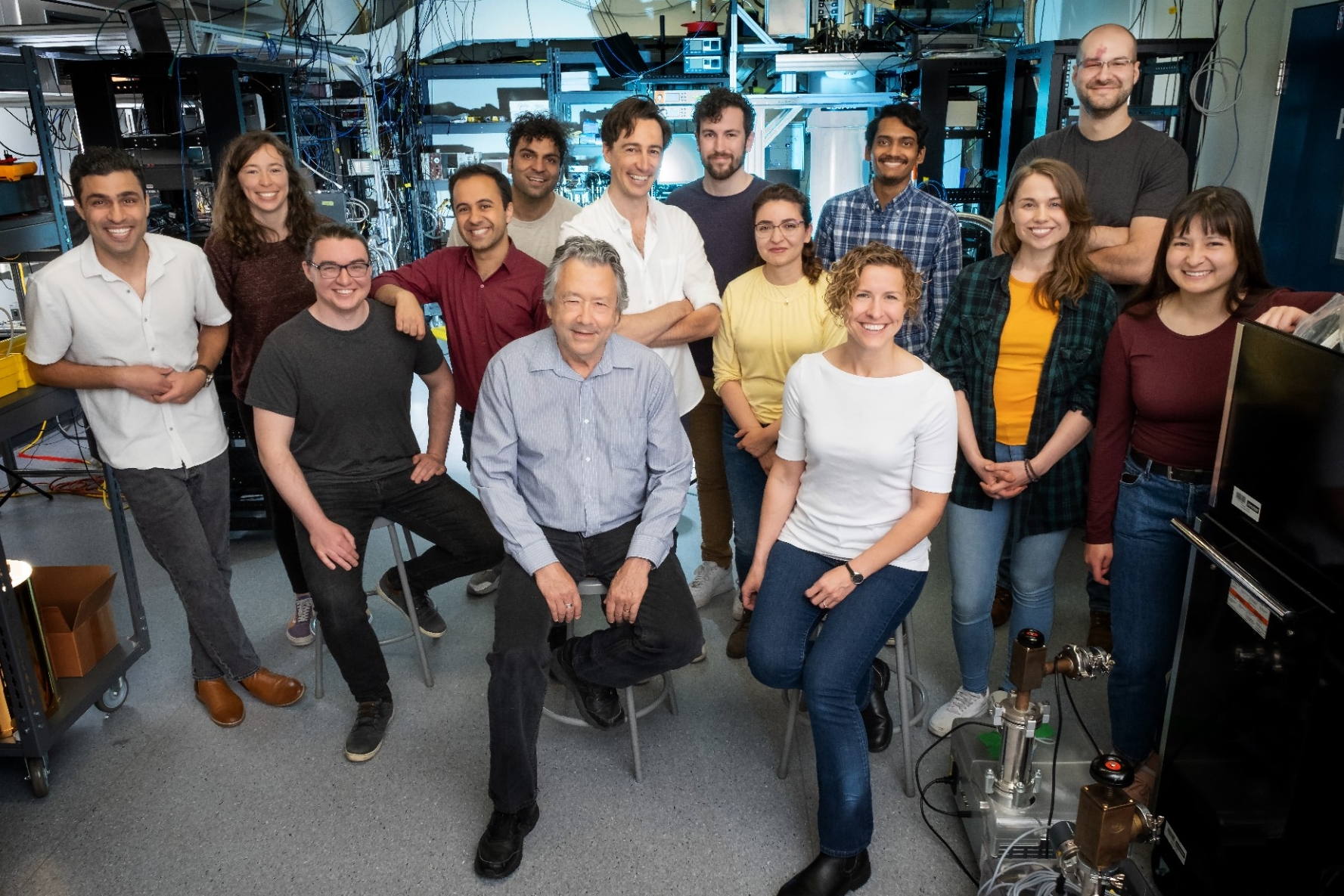Researchers at Simon Fraser University have made a crucial breakthrough in the development of quantum technology.
They have observed over 150,000 silicon ‘T centre’ photon-spin qubits, an important milestone that unlocks immediate opportunities to construct massively scalable quantum computers and the quantum internet that will connect them.
In order to make Quantum Internet and Computing a reality, it is necessary to produce both stable, long-lived qubits that provide processing power, as well as the communications technology that enables these qubits to link together at scale.
Past research has indicated that silicon can produce some of the most stable and long-lived qubits in the industry. This new research provides proof of principle that T centres, a specific luminescent defect in silicon, can provide a ‘photonic link’ between qubits.
Developing quantum technology using silicon provides opportunities to rapidly scale quantum computing. The global semiconductor industry is already able to inexpensively manufacture silicon computer chips at scale, with a staggering degree of precision.
The paper has been published in Nature.


